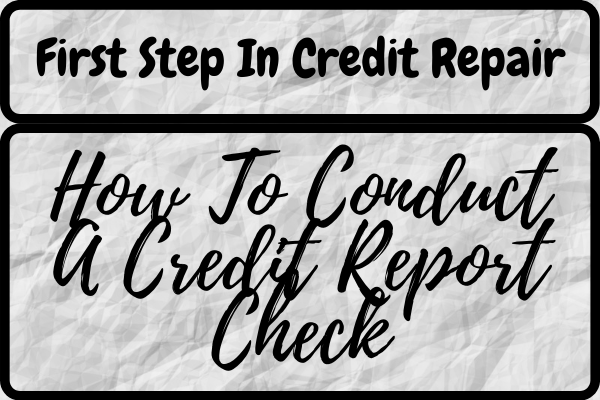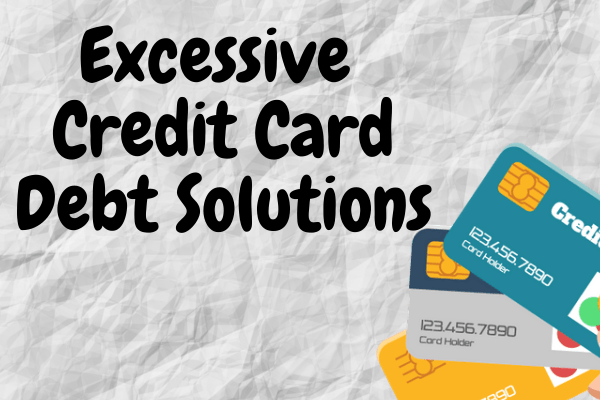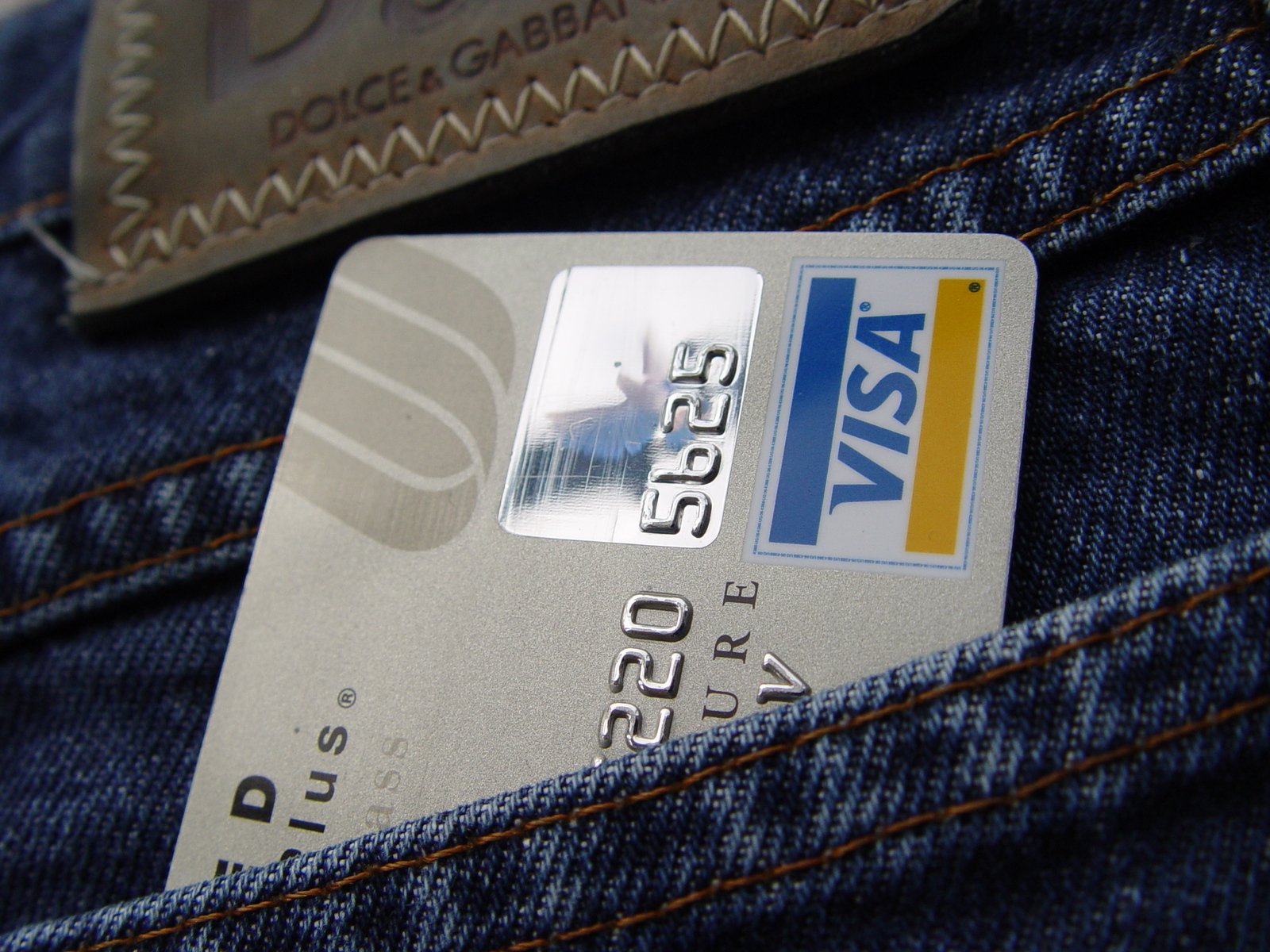You may be able to settle debts for a discount. When I collected debts for a living, we often took 50% as payment in full, when we thought it was the best we could do. The point is that if you really can’t handle your payments, you may be better off to borrow from family to settle your debts for 20% to 60% of face value. Credit card companies sometimes take 50% or less as payment in full if they are convinced you are headed towards bankruptcy. (Note: this is still possible, but more difficult now with the new bankruptcy laws.)
Send a nice letter explaining your situation, and how you will get the money for the pay-off. Tell them you’ll most likely be filing for bankruptcy, but would like to settle up with any willing creditors before that happens. That let’s them know they may be left with nothing if they say no, and you split your remaining assets between other creditors.
How To Pay Debt Most Efficiently
When trying to dig your way out of debt, always pay high-interest cards first. If, for example, you have $200 budgeted to apply to your cards each month, pay the minimums only on all others, then put the rest of the money towards the card with the highest interest rate. When that one is paid off, work on the next highest.
This powerful technique saves a lot on interest charges. Suppose you have three cards. You would pay the minimum of (let’s assume) $40 on two of them, and apply the other $120 to the highest interest card. When that card is paid off, you continue to put $40 towards one card, and now apply $160 to whichever of the two remainings in the higher interest credit card. It is the fastest way to pay down credit card debt.
Excessive Credit Card Debt – Other Tips
Never buy credit card insurance. This insurance typically stops your payments when you are injured or unemployed. It’s one of the most over-priced insurances out there and doesn’t eliminate the debt, but just delays it.
Never buy credit card security insurance. This insurance pays for unauthorized charges when your card is stolen. Since you are only liable for the first $50 if you report the theft in any case, and many cards already have 0 liability, this isn’t needed.
Be careful with consolidation loans. Never consolidate debt into a home refinance unless you have a definite plan for paying the loan off early. 10% isn’t cheaper than 18% when it is for 30 years instead of 5.
If you’ve tried some of these techniques without success, and just can’t seem to do it on your own, consider contacting a credit counseling service. Sometimes they can help you negotiate lower rates with your banks, and otherwise counsel you on how to reduce your excessive credit card debt. Read this article about finance credit counseling.





